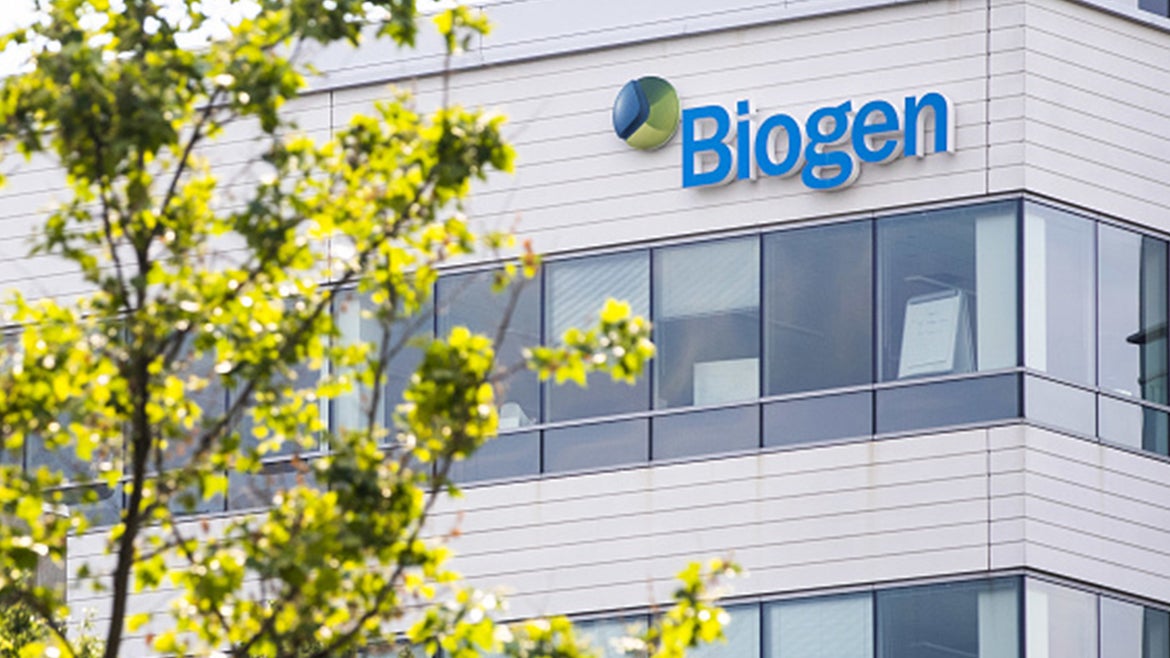On Monday, Biogen announced its plans to reduce the cost for 2022, which the drug maker said could result in an annual savings of about $500 million.
Biogen, the maker of the early Alzheimer’s drug, Aduhelm will cut its price in half next month after widespread criticism from hospitals stating its high cost was not worth its benefits, according to a published report.
Aduhelm is the first in a line of treatment that promises to slow the progression of Alzheimer’s disease, a brain disorder that slowly destroys memory and thinking skills, rather than just managing its symptoms, the Associated Press reported.
In June, the drug received FDA approval of Aduhelm, despite the views of an outside advisory panel that claimed that Biogen had not proven the treatment's clinical benefit, Reuters reported.
The FDA later recommended that the drug only be used for Alzheimer’s patients with mild cognitive impairment or mild dementia, a report said.
The annual treatment price for Biogen was $56,000 annually for an average-weight person, a significant cost for those on Medicare, which covers more than 60 million people, a report said.
In January, the U.S. Medicare program, which pays for health services for people over 65 years, scheduled a meeting for a national policy for the drug, making reimbursement more difficult in the interim, a report said.
With the drug company’s cost-cutting measure, the annual price will go down to about $28,200. The company hopes the new price will expand access to the drug among patients.
In October, Biogen said that Aduhelm had brought in only $300,000 in sales during its first full quarter on the market. The company attributed that figure partly to drug wholesalers drawing down inventory they had purchased the previous quarter, the AP reported.
The drug company said with insurance coverage and access to diagnostics and specialized centers, roughly 50,000 patients may begin treatment with Aduhelm in 2022, Reuters reported.
On Monday, Biogen announced that its plans to cut the price for 2022 could result in an annual savings of about $500 million, the news outlet said.






